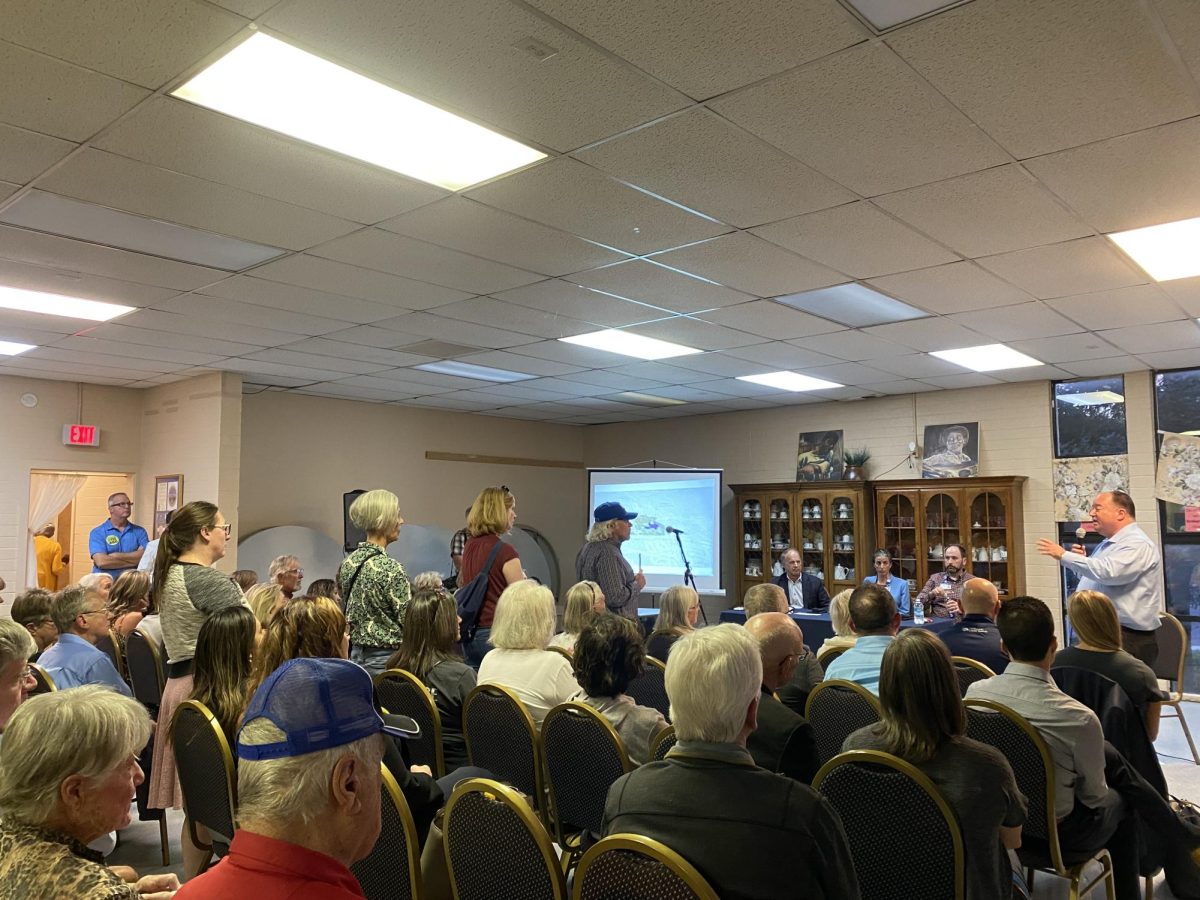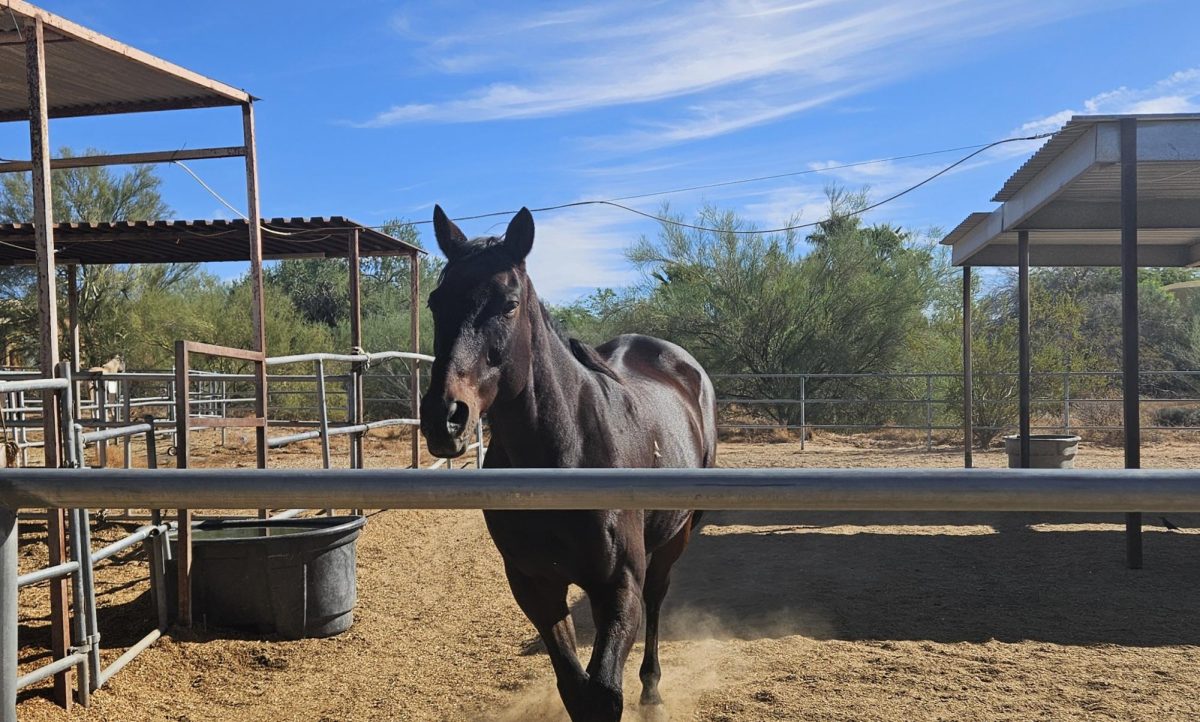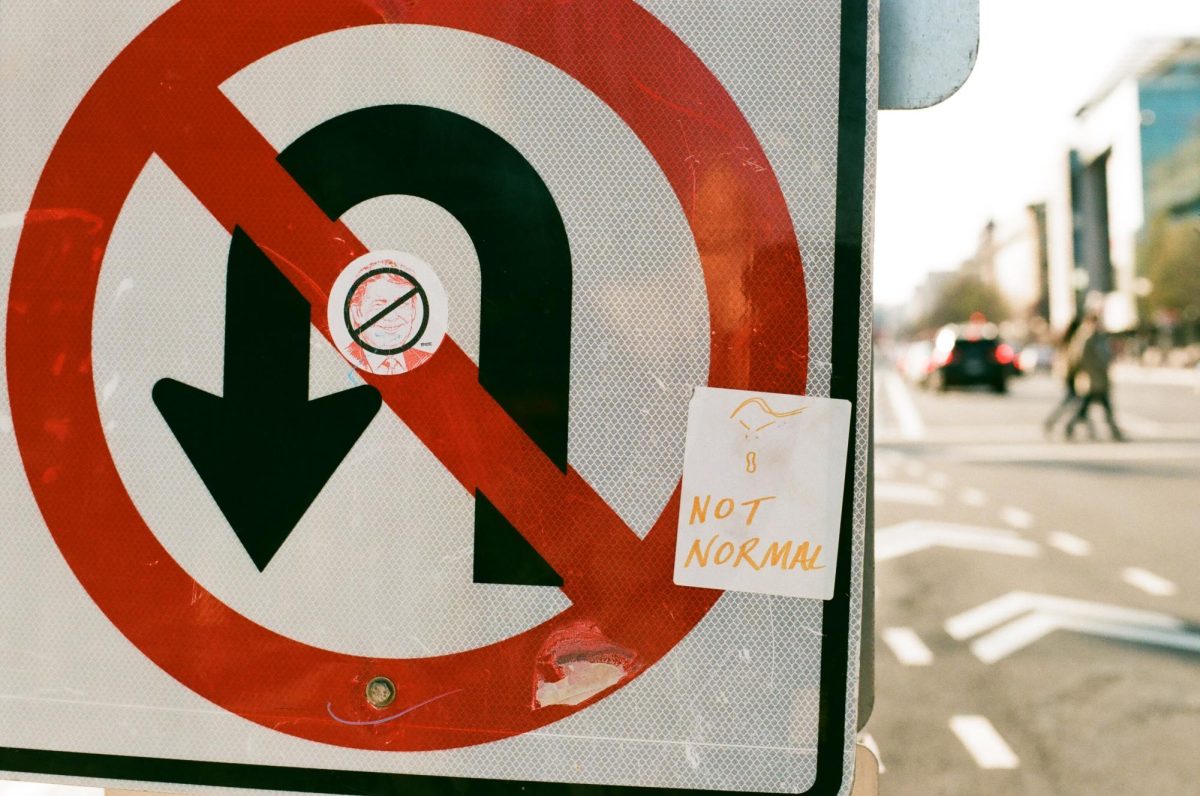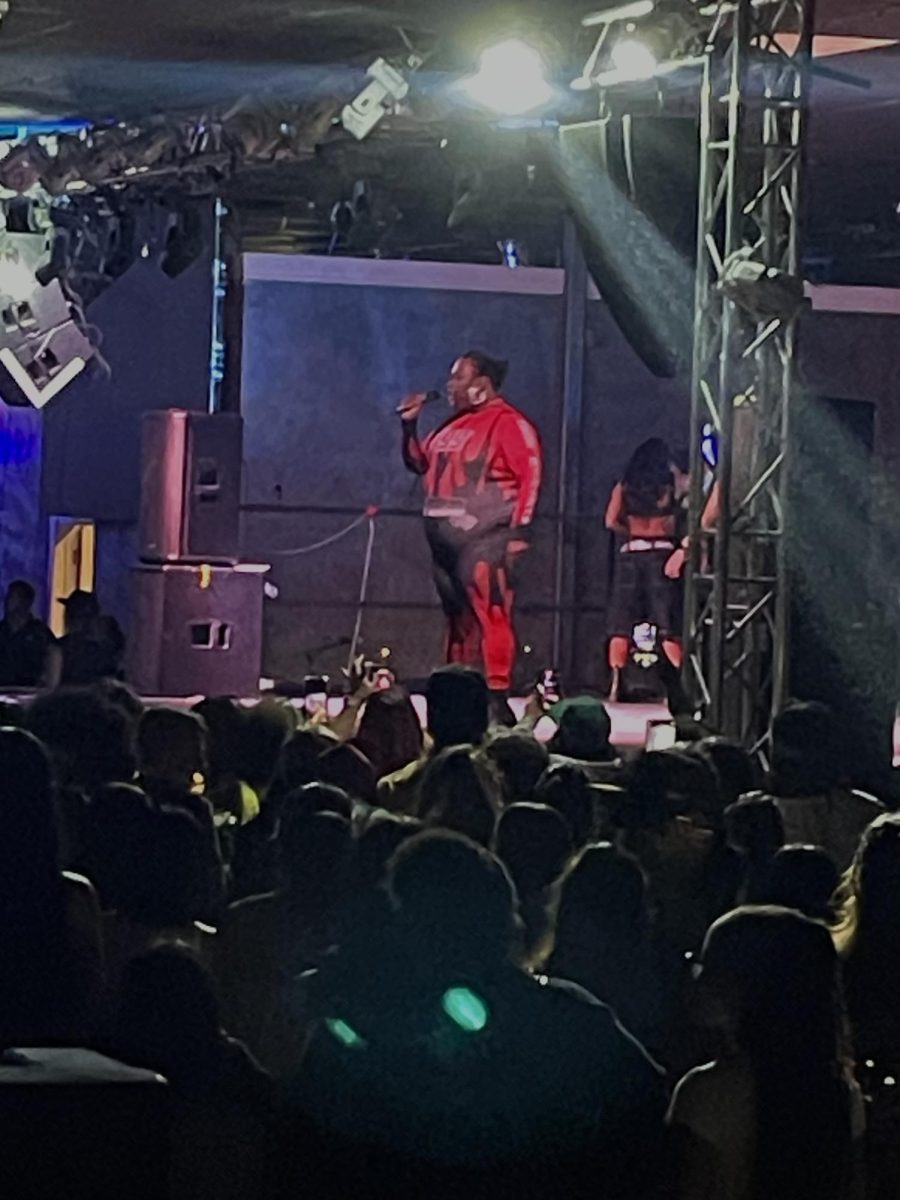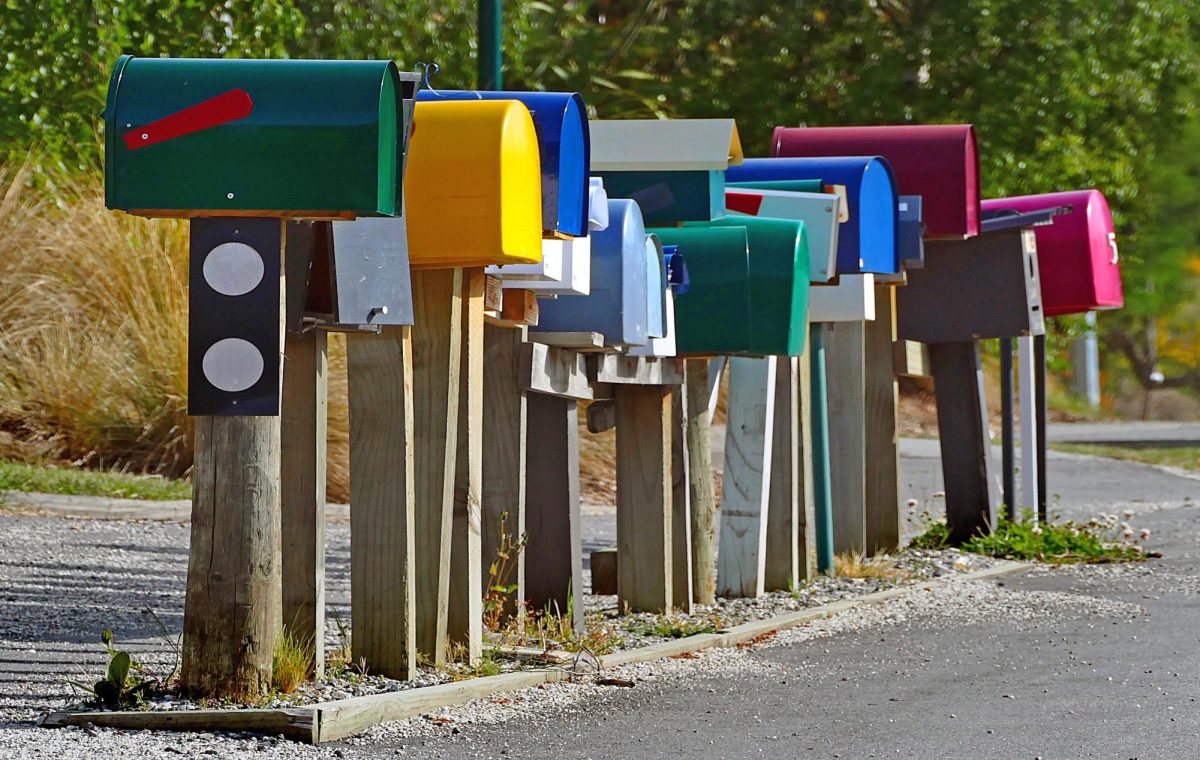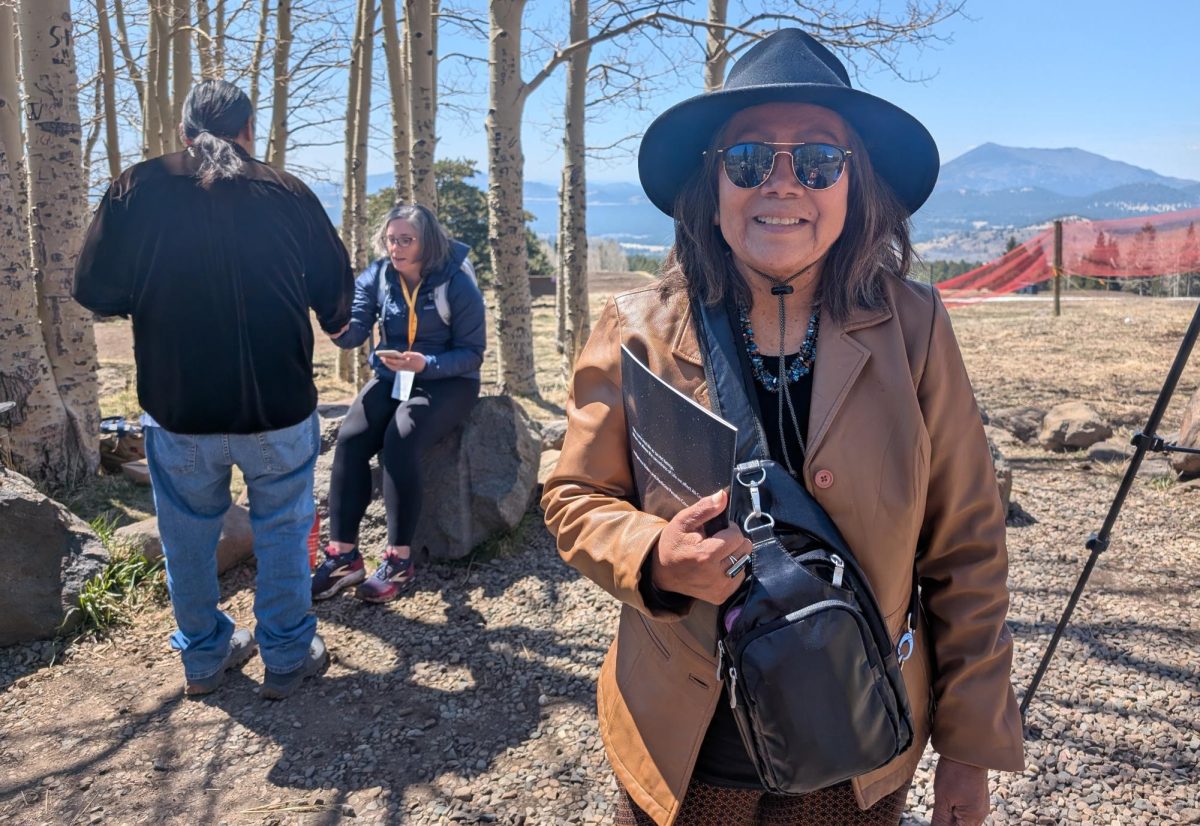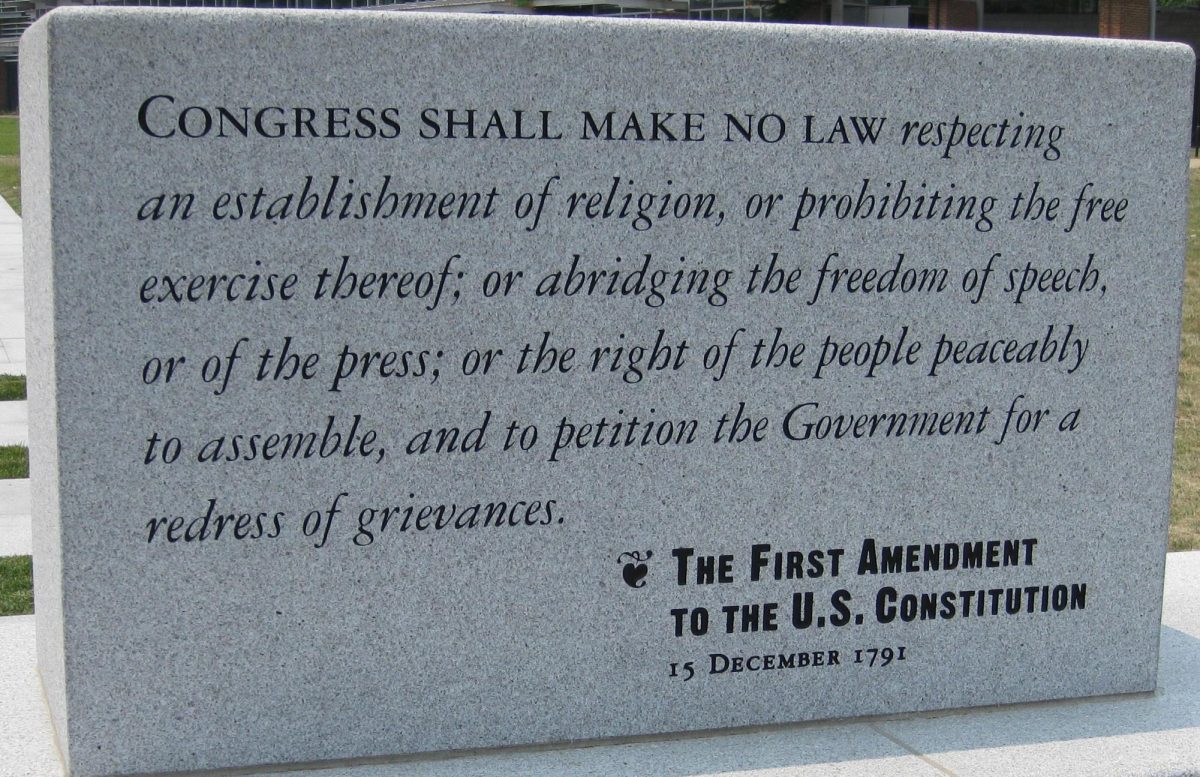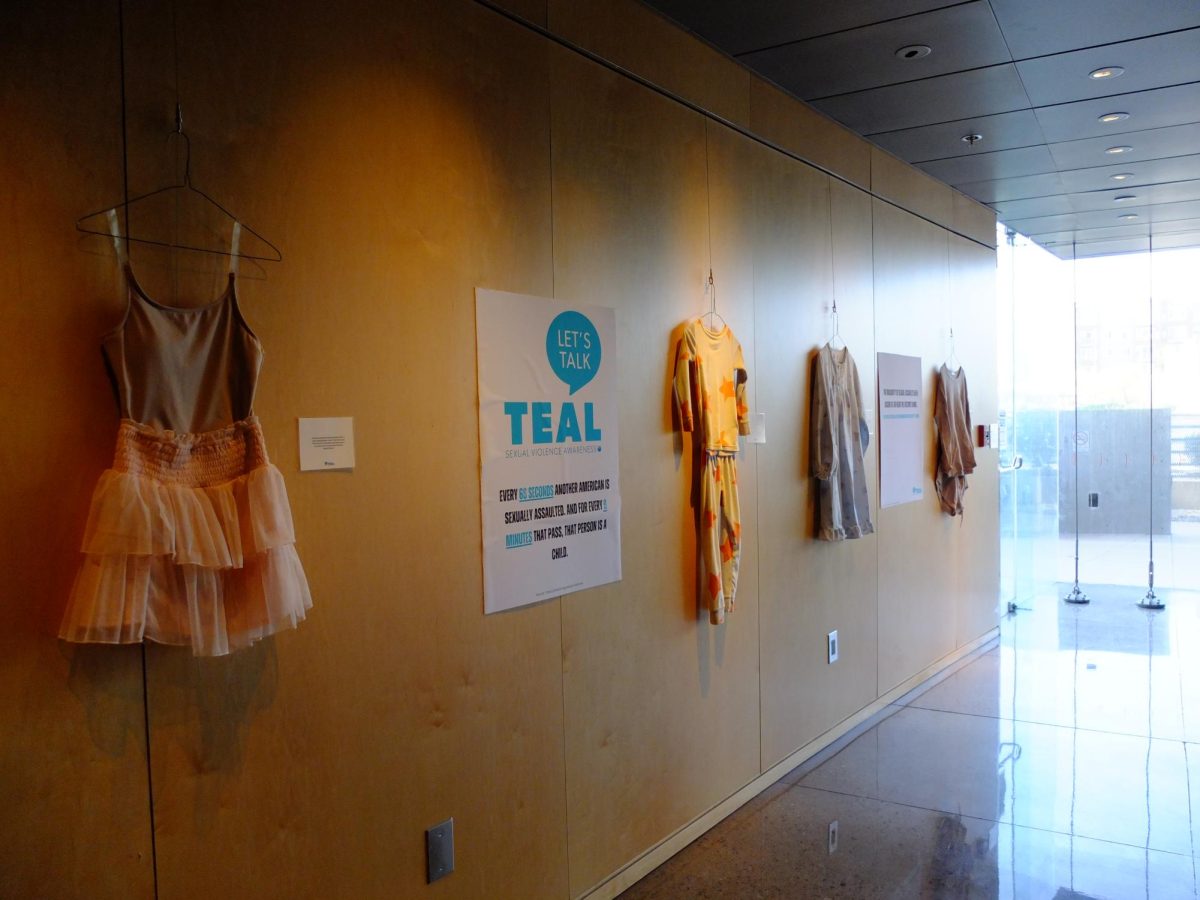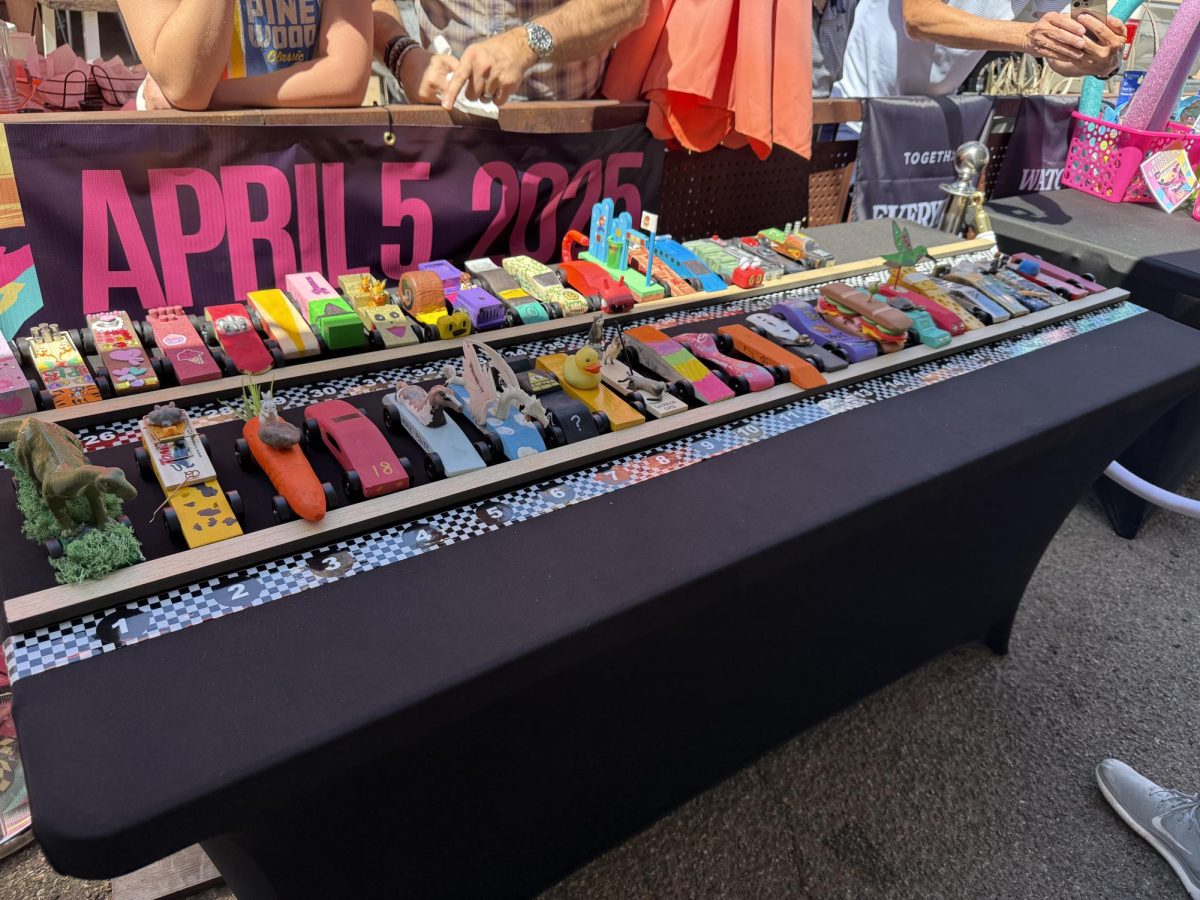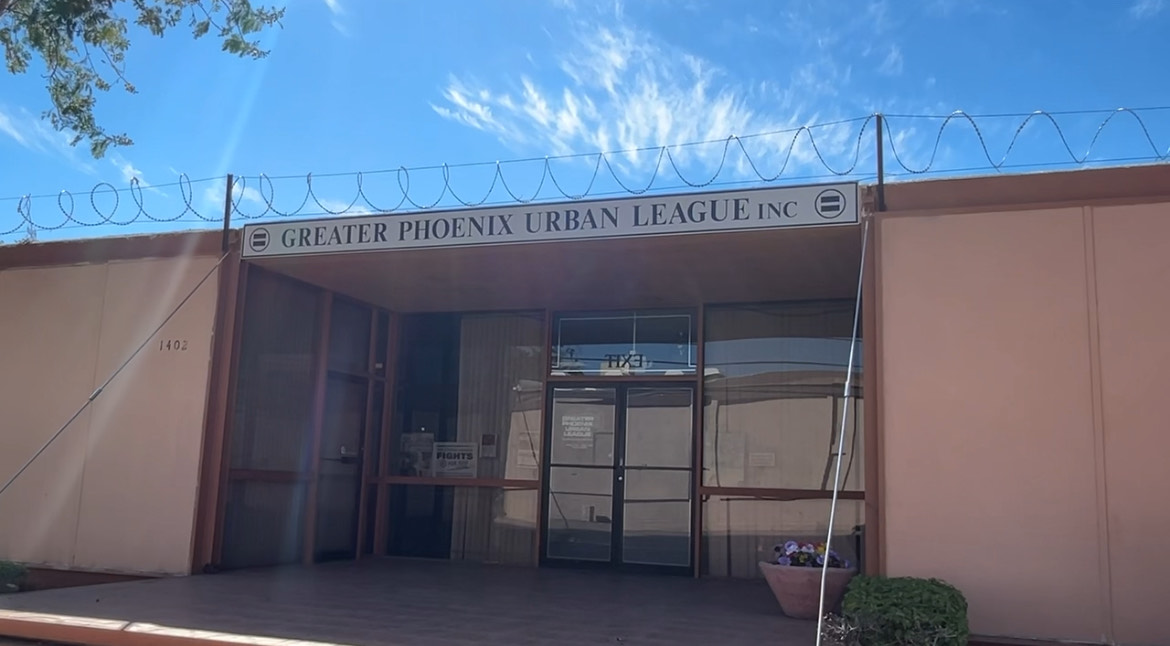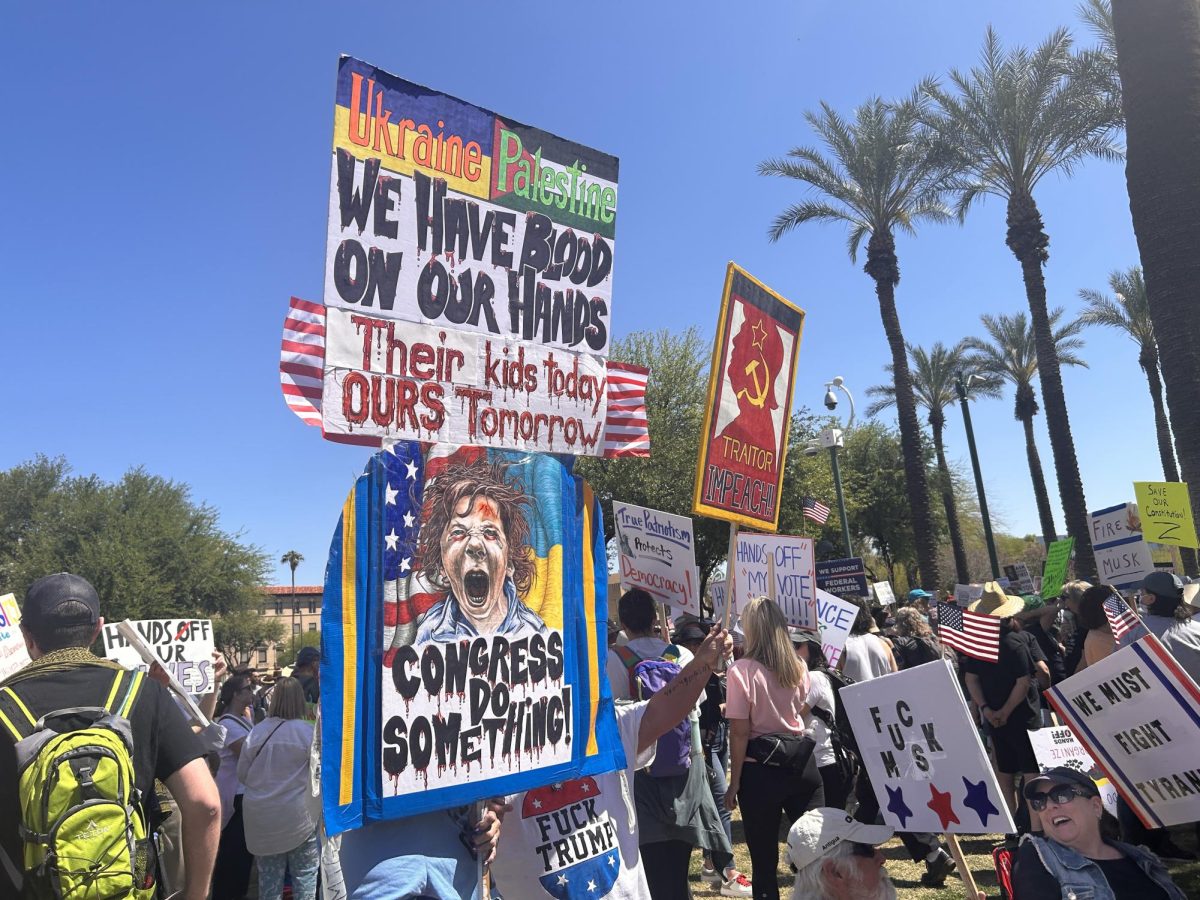On November 7, Flagstaff voters will decide if phase one of constructing a proposed improved 800-million-dollar hospital will begin— or not.
Northern Arizona Healthcare (NAH) addressed a packed room of community members wearing both “yes” and “no” stickers.
NAH representatives told residents that their goal was to simply “provide better health care to all Northern Arizona, not just Flagstaff.
“We don’t get a bed utilization so while we might have 240 beds, we don’t ever really get to use 240 beds,” a NAH representative said. “So when we increase by 36 beds, we’re not just increasing by 36 beds, we’re increasing the utilization of our beds.”
But some opponents of the construction said a better plan would be to renovate the current site and reminded the NAH that there was a plan in place to do just that.
Stefan Sommer, a member of the group of locals with Flagstaff Community First, the organization that gathered enough signatures to put the hospital construction to a vote on through Proposition 480 on the Nov. 7 ballot said, “We’re urging people to vote no on 480, which means it would reverse the rezoning and allow that land to stay as rural residential as opposed to being shifted to highway commercial.”
“NAH had a plan to renovate the current hospital and it was a good plan, and it served the communities needs and purposes in a variety of different ways,” Sommer said.
The ballot will allow voters to decide on rezoning about 100 acres of undeveloped land close to Fort Tuthill County Park to support the 700,000 square foot hospital.
Northern Arizona Healthcare has claimed that Flagstaff Medical Center is overwhelmed and that patients wait for hours in the emergency department. They also claim that thousands of patients each year must be transported to Phoenix or even Las Vegas for medical care.
Flagstaff Community First claims that the $800M cost of the new facility is projected to increase the cost of healthcare by over 30% although those claims are disputed.
Wednesday evening Flagstaff citizens were invited by Northern Arizona Healthcare to ask questions about prop 480 and express concerns.
Some opponents of the new site were gathered outside with signs saying, “Vote No On Prop 480” and Sandra Lubarsky, a member of the campaign coordinating committee against the site plan shared more in depth why they believe the community should vote no.
“We think that NAH should be in the business of healthcare, not in the business of real estate. The whole plan violates the regional plan that the voters of Flagstaff have been committed to for several decades, and that idea was that there should be infill in the city, there should be density, not sprawl. And what this does is it moves a major public good—the hospital, our one and only hospital out of the core of town and out to the edge of town,” Lubarsky said.
Some of the top concerns for the citizens of Flagstaff consist of a range of things from how accessible is the new location to the community at large and what would happen to the vacant hospital in the center of town as well as its neighboring medical office buildings and why are there several phases to this plan rather than having just one phase?
Another key issue citizens raised was their concerns about how they were going to get home from the hospital if they were discharged in the middle of the night and the buses weren’t running.
Northern Arizona Healthcare spokespersons answered these concerns and others.
“We plan on doing what we already do. We don’t publicize it because it’s just part of the natural course of the business that we do and what our care for the community is. But we have a discharge process now where we make sure that you’re discharged into a safe environment and so we provide access to rides, even though we are in a more centralized location in Flagstaff. In calendar year 2022 we coordinated and took care of the cost for over 900 transportation rides—those were everything from medical vans to Uber and Lyft rides, so we do that already for people now because even with being on the bus line, the majority of our patients don’t have access to a bus on the other end, so it’s a very small percentage of our patients that actually live on or take a bus route or even live in this community for that matter, so we provide that service right now and will continue to provide it in the future.”
Northern Arizona Healthcare said they will need to discuss their discharge process so that they make sure patients are released into a safe environment.
NAH representatives said before more development would take place, they would have to take the proposals to the city for approval and plan to hold more meetings.
The woman in the group who voiced concerns about issues with discharging patients said, “They really don’t have a plan and so I will have to vote no.”


